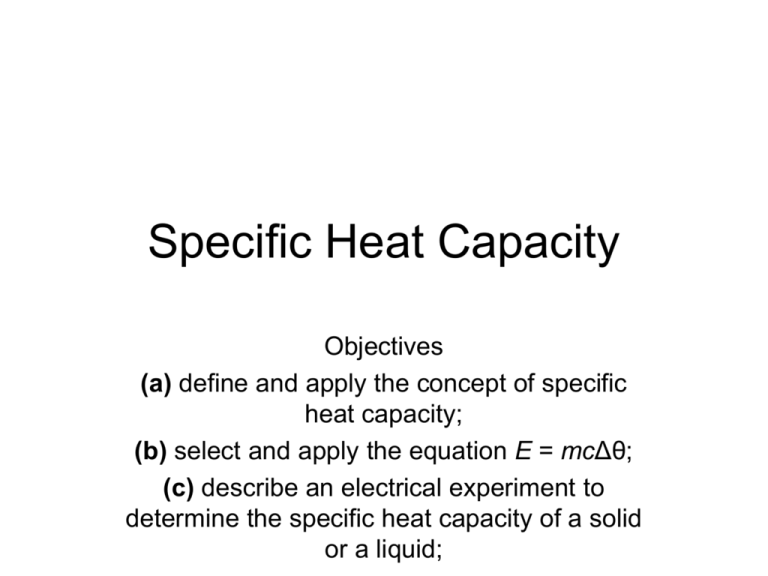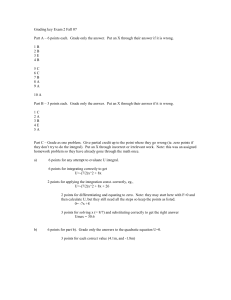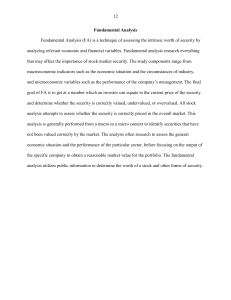Specific Heat Capacity - science
advertisement

Specific Heat Capacity Objectives (a) define and apply the concept of specific heat capacity; (b) select and apply the equation E = mcΔθ; (c) describe an electrical experiment to determine the specific heat capacity of a solid or a liquid; OUTCOMES • ALL MUST • Be able to define specific heat capacity. • Be able to select and apply the equation E = mcΔθ to a number of different situations correctly. • MOST SHOULD • Be able to describe an electrical experiment to determine the specific heat capacity of a solid or a liquid. Specific Heat Capacity • Different materials will lose their heat at different rates depending on a factor called their Specific Heat Capacity. • • The specific heat capacity of a material is the amount of energy (J) that is needed to raise the temperature of 1kg of the substance by 1 degree C. • Its unit is written J/kg ˚C. • Aluminium has a specific heat capacity of 880J/kg˚C. • Steel has a specific heat capacity of 420J/kg˚C. • Water has a specific heat capacity of 4200 J/kg˚C. • The energy needed to raise the temperature of a material is given by the equation: Energy needed (J) = specific heat capacity (J/kg˚C) x mass (kg) x change in temperature (˚C) OUTCOMES • ALL MUST • Be able to define specific heat capacity. • Be able to select and apply the equation E = mcΔθ to a number of different situations correctly. • MOST SHOULD • Be able to describe an electrical experiment to determine the specific heat capacity of a solid or a liquid.











